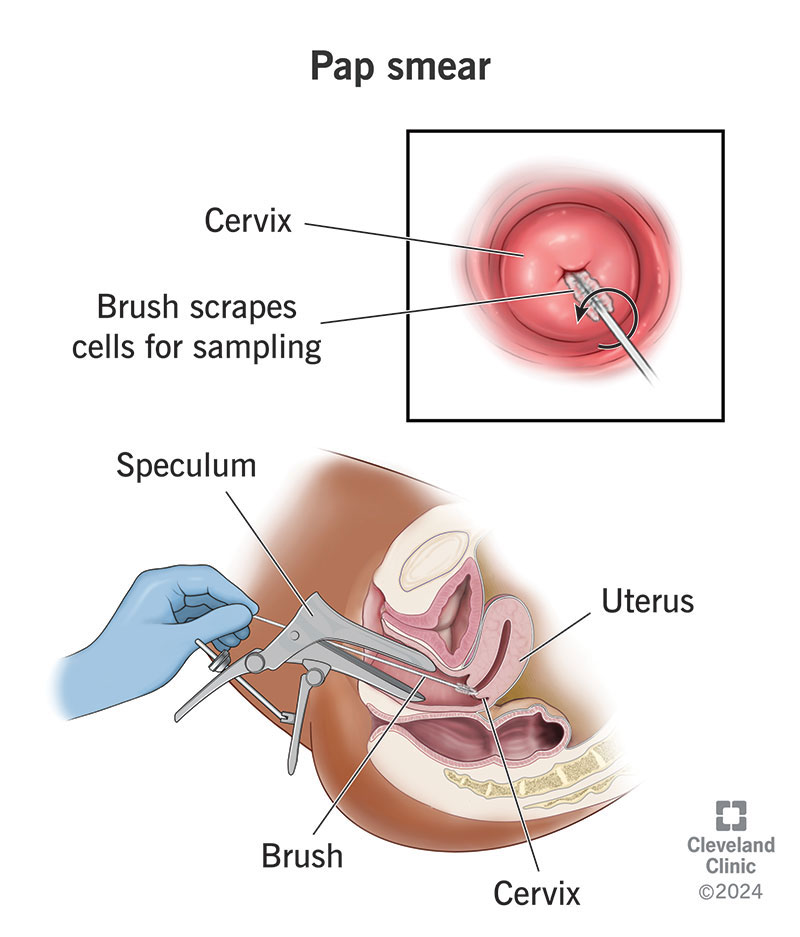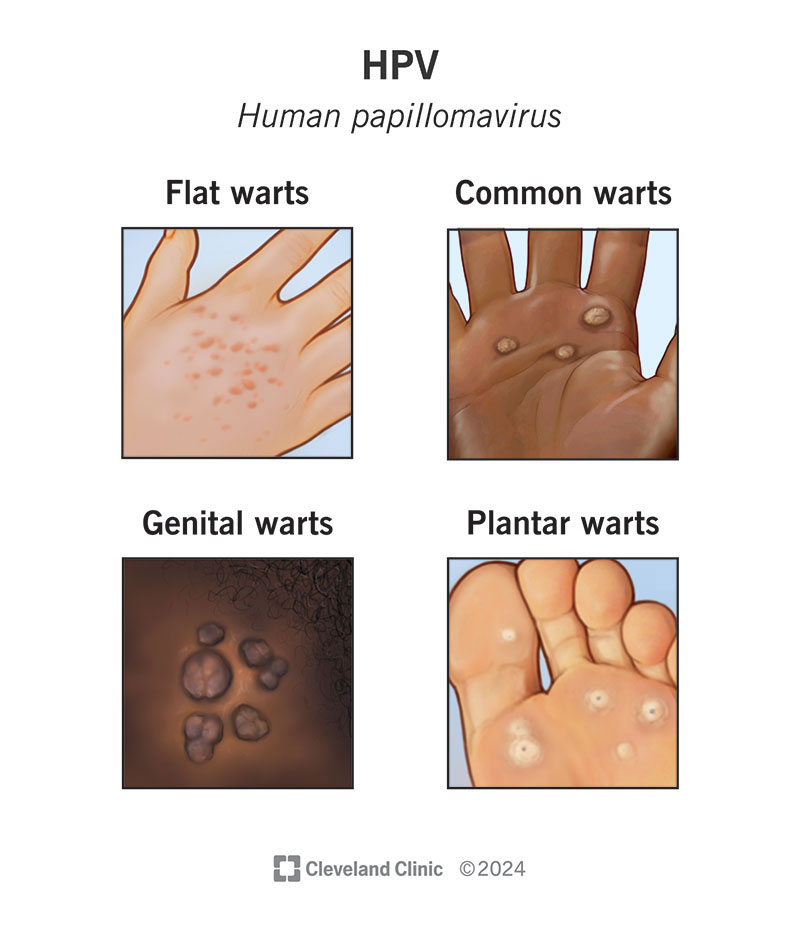Sexual Health- HPV
What you need to know
Human Papillomavirus (HPV) is a virus that can cause cancer.
- Certain types of HPV infection can lead to warts, cervical, anal, and throat cancer.
- Transmitted during oral, anal, vaginal sex or physical contact.
- Condoms reduce transmission.
- Can be spread via close skin‐to‐skin contact or object-to-skin contact.
- Testing: Screening for cervical cancer (start age 21‐25)- includes having a pap smear done.
- Vaccine: No cure. Vaccine available starting at age 11-12 to age 26; recommended for all genders.
- Treatment:
- 90% of HPV infections resolve on their own (with close monitoring).
- Persistent infection or pre‐cancer: Remove abnormal cells.
- Warts can be removed or treated with immune response modulators.


Cleveland Clinic- Human papillomavirus
Resources
Refer to the Birth Control and Contraception page for testing and treatment services and resources.* Refer to the Sexually Transmitted Infection page for STI information and contraception use.